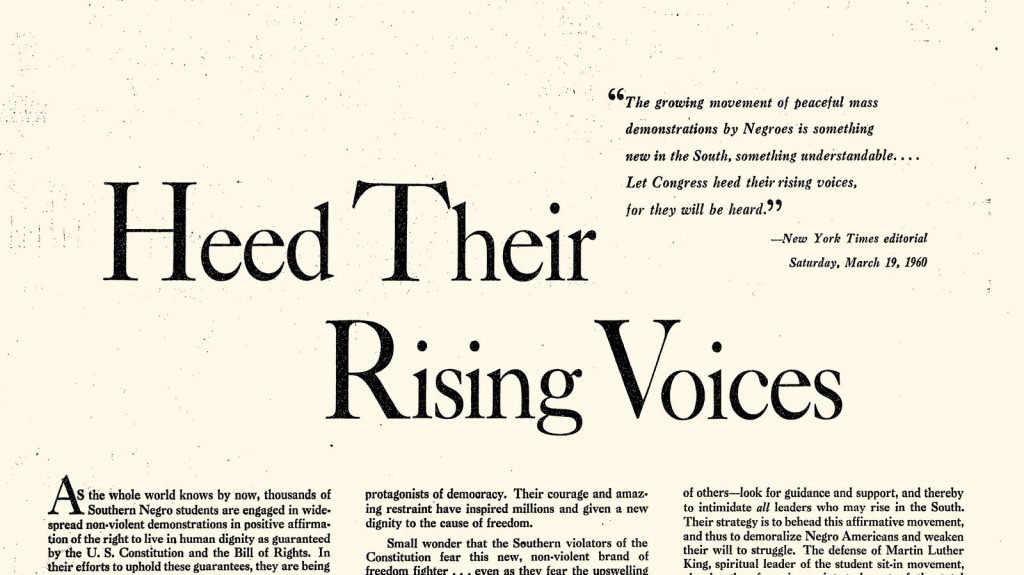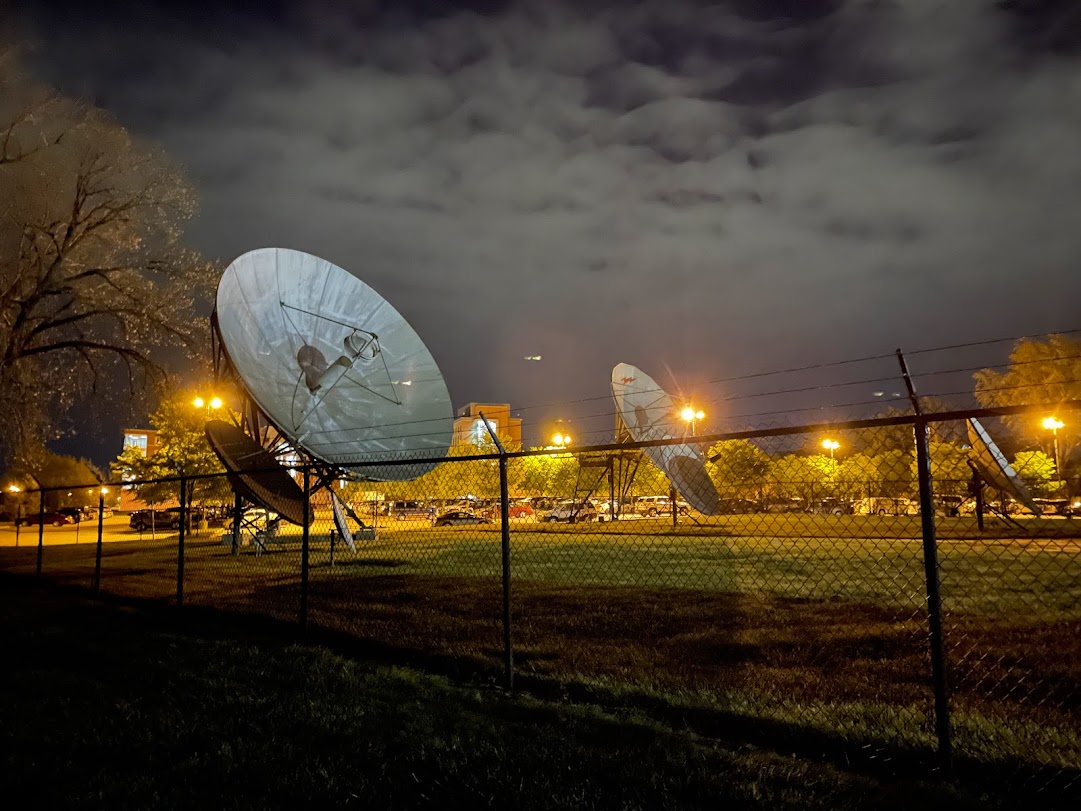Much like best friends, its seems they are inseparable. Except, instead of playing ‘never have I ever’ at Sarah’s birthday party, they ruin lives. Well, that’s the idea at least. Like all things in law, Slander and Libel aren’t just black and white issues. Let’s go through what both of these terms mean, how they are used, and how they can be defended against.
So what are they? Why does it seem like the two are always seen together? Let’s start with a much more general term: Defamation. According to legalzoom.com, defamation is anything stated as fact that is untrue and may hurt the reputation of its target. Both Libel and Slander are a form of defamation, but they have one crucial difference. Libel is in written text (think newspapers and websites), while Slander is oral (think news reports and political speeches). This comes from Gallaudet University.
Let’s take a look at some examples of both. Starting with Libel, there is the case of New York Times v. Sullivan. According to oyez.org the case stemmed from a New York Times article trying to raise money to defend MLK on perjury charges. The article got a few facts wrong, and the city Public Safety Commissioner L.B. Sullivan thought those inaccuracies happened to reflect poorly on him, though he wasn’t mentioned in the article. He sues the New York Times, and was eventually awarded $500,000 by a state court. This is a controversial case, as it kind of blurs the lines of libel, as L.B. Sullivan was never mentioned by name in the article.

Which brings me what an extreme area cases of Libel and Slander can fall into. There are plenty of clickbait tabloid articles that spew complete lies about the famous, and only a few of them see serious consequences, while other instances, like the New York Times Company v. Sullivan case, the defending party didn’t even mention the name of the prosecutor. From my quick skimming of both of the aforementioned cases, it really seems as though it is up in the air as to who Libel and Slander apply to, and comes down to how specific courts interpret the law on a case by case basis. I completely think L.B. Sullivan shouldn’t have won his case, as he wasn’t even named, but I wasn’t there now was I?
Usually I’d like to give an example of Slander here, but it really just is more of the same, except it would be an oral mishap. It seems as though Slander would be even harder to enforce than Libel. Ask yourself, can Freudian slips or being given the wrong information in a speech count as slander? If a speaker gives their audience misinformation about a political opponent, can they be sued? It seems if that were the case, every presidential, gubernatorial, mayoral, or congressional election would end in countless lawsuits. The spoken word, in most cases (barre non-live events) are not nearly as fact checked and edited as the written word.
So what do we make of Libel and Slander? I say, just tell the truth and you’ll be fine. Any form of media comes with inherent risk, and with how rampant misinformation and disinformation are online now, take everything you see with a grain of salt.


Leave a Reply